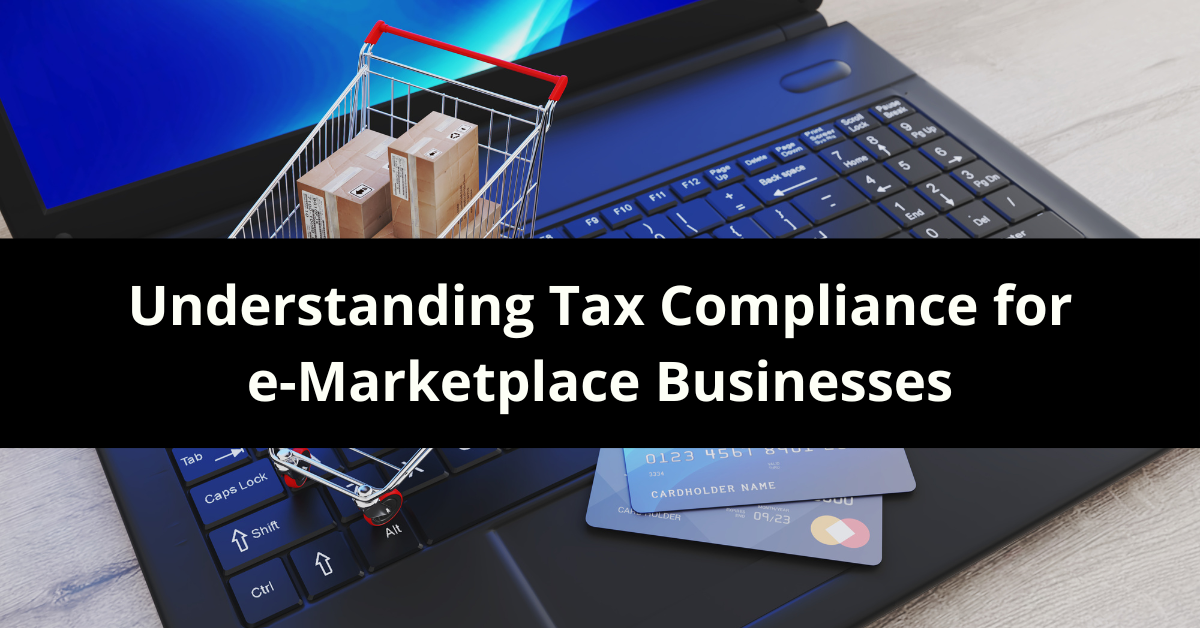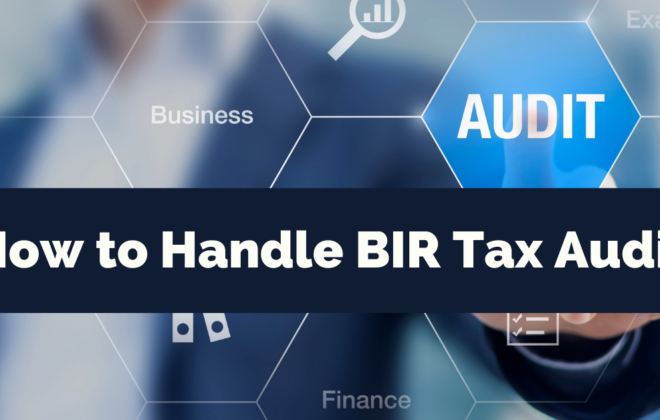Understanding Tax Compliance for e-Marketplace Businesses
Online sellers can no longer avoid taxation. The Bureau of Internal Revenue (BIR) issued Revenue Memorandum Circular (RMC) No. 8-2024, which outlines the implementation schedule and procedures for Revenue Regulation (RR) No. 16-2024.
RR 16-2024 mandates online sellers and merchants to pay a 1% withholding tax on their income from online sales. This new tax law represents a big change in how taxes work for online businesses, impacting many entrepreneurs who sell products online.
It’s important that digital merchants understand and comply with the new tax rule, especially in our increasingly digital world where transparency and fairness are essential.
How does the 1% withholding tax work?
The basic concept is that a 1% tax will be deducted from every sales transaction made through the online marketplace. When a customer purchases your products, the marketplace deducts 1% of that sale and remits it directly to the Bureau of Internal Revenue (BIR).
This deduction works as a proactive way to set aside a portion of your income for tax obligations. It eases the burden of having to pay a lump sum at the end of the year. Rather than an additional tax, the amount deducted will be set off against your annual income tax dues.
e-Marketplace Withhold 1% Tax
Online marketplaces such Lazada and Shopee play a major role in ensuring the successful implementation of the new tax rule. For every sale made on their platform, they are required to retain 1% of the transaction amount before remitting the remaining balance to the seller.
In addition, they are required to pay the accumulated withholding tax to the Bureau of Internal Revenue (BIR).
They must also file with the bureau the appropriate BIR form summarizing the details of each merchant, including their name, Tax Identification Number (TIN) and the corresponding amount withheld, and issue a Withholding Tax Credit Certificate (BIR Form 2307) to sellers and merchants.
Sellers Pay Taxes to BIR with Tax Credits
The amount deducted by the e-marketplace is not a separate tax but a prepayment on the seller’s income tax liability. These withheld funds can be used as tax credits when sellers file their quarterly income tax returns.
For example, if at the end of the quarter, a seller owes BIR a quarterly tax of P2,000.00 and he has a tax credit of P1,500.00, the seller only needs to pay P500.00, as the P1,500.00 has already been credited towards their tax obligation.
Implementing the System
By implementing this system, online sellers can easily meet tax requirements as they earn without facing significant tax liabilities at the end of the year. It streamlines the process and promotes a more manageable approach to tax compliance in the digital commerce environment.
Tax Policies will Continue to Evolve
The e-commerce industry will continue to grow and the tax policies will likely change to accommodate the needs of stakeholders. Sellers can navigate the new digital landscape with confidence by staying informed and using tools and services designed to help with tax compliance.
The “1% withholding tax” may be just the beginning of a series of tax reforms aimed at adapting to the digital age. It’s similar to constant updates in your favorite mobile applications which are necessary in order to improve functionality and keep pace with changing user needs and environments.
Consult with a Tax Expert
The implementation of Revenue Regulation No. 16-2034 introduced a new level of tax compliance for both online marketplaces and sellers. While the 1% withholding mechanism aims to make tax collection more efficient, it also introduces new considerations and potential pitfalls that require professional guidance.
By consulting with tax compliance experts like DJKA Business Services, Inc., you will get a comprehensive overview of withholding tax rules and their implications for your online business. Our specialists help you navigate the complexities, ensure accurate calculation and reporting of withholding tax credits, optimize your tax planning strategies and maintain full compliance with quarterly and annual reporting requirements.
Don’t let tax complexities stop you from growing your online business. Take the first step toward seamless tax compliance by scheduling a consultation with our team today. Together, we’ll simplify the process and allow you to focus on what you do best – growing your eCommerce business.
Just email us at info@djkaaccounting.com
Related Posts
Recent Posts
- New Features and Functionalities of the Online Registration and Update System (ORUS)
- A Comprehensive Guide to Taxation for Freelancers in the Philippines
- New Tax Laws in 2024: What Changes Filipino Taxpayers Should Prepare For
- How to Avoid Common Tax Mistakes in 2024
- Tax Deductions and Benefits Often Overlooked by Filipino Taxpayers





